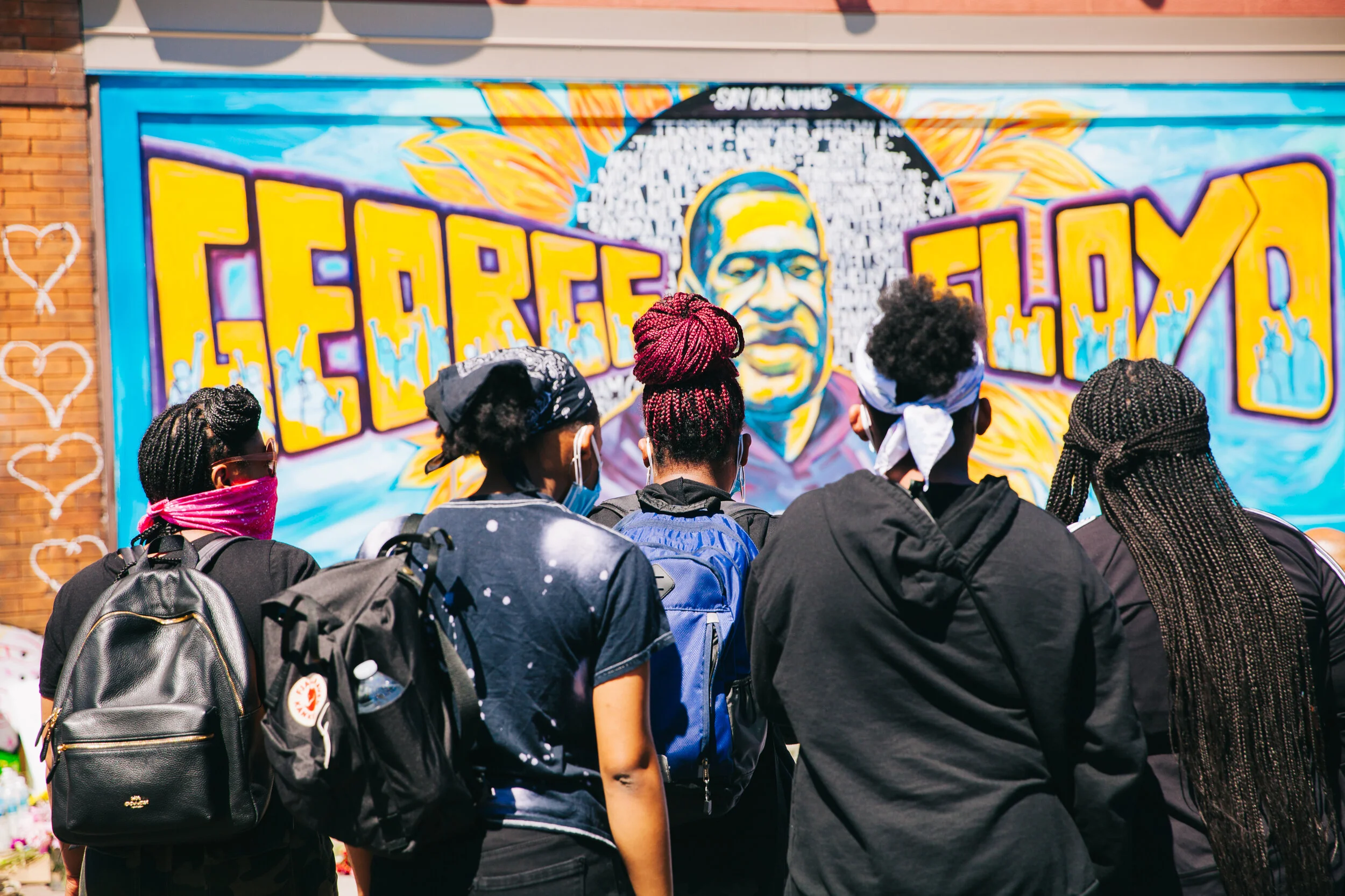A Church-Affiliated Network Helps Immigrants Toward Legal Status. Who's Backing It?
/Beyond the rhetoric about what kind of demographic future the United States could or should have, the immigration debate is, at its heart, about the law. And with proper help, many undocumented people have a chance at shedding the label “illegal.”
Immigration law is complex, but if an undocumented person meets a certain set of qualifications, he or she can be granted the legal right to stay. Reasons include a legitimate fear of persecution if the person were to return home, comprising grounds for asylum, and particular kinds of family ties. According to a statistical analysis conducted by political scientist Tom Wong and released last month, up to 600,000 undocumented immigrants in the U.S. South could pursue the right to stay, given proper legal counseling.
That’s a surprisingly sizable number, and the analysis only covers seven states, indicating an even higher nationwide total. It also suggests that there's much that foundations and major donors can do for immigrants living in fear of deportation. Funders can scale up the pick-and-shovel work of helping immigrants navigate the legal system and change their status. Quite a few funders have been doing exactly that, as we've been reporting, and some of this new grant money is flowing to one of the nation’s largest legal aid networks for immigrants: the Catholic Legal Immigration Network (CLINIC). Tom Wong, who grew up without legal status, conducted his eye-opening analysis on CLINIC’s behalf.
Gathering an array of local organizations that offer legal aid to immigrants, CLINIC is a 501(c)(3) nonprofit dedicated to “the Gospel value of welcoming the stranger.” Over the past six months, that mission has become exponentially more urgent. While CLINIC is independent from the church, it retains ties with the United States Conference of Catholic Bishops, which originally established CLINIC in 1988. A good number of bishops serve on CLINIC’s board of directors. Since its foundation, CLINIC reports helping over 100,000 people to apply for U.S. citizenship, and over 12,000 refugees and asylum seekers to acquire green cards.
CLINIC still derives part of its funding from the Conference of Catholic Bishops, but the largest chunk comes from private foundations. To those familiar with this space, the list isn't very surprising: Ford, MacArthur, the Silicon Valley Community Foundation, and the Open Society Foundations are all donors. The Carnegie Corporation also figures highly, as well as Unbound Philanthropy, a migrant-focused grantmaker where Tom Wong serves as an advisor. Finally, Maryland wine executive and political hopeful David Trone just directed another $100,000 to CLINIC through his family foundation.
Despite the constant push and pull on migration in the nation’s courts, actual legal aid to immigrants occurs on the ground. Given the demographic makeup of America’s recent immigrant community, it makes sense that local Catholic charities would be on the front lines. Immigration support is only one of many social services they provide to the community. A full directory of CLINIC’s network organizations can be accessed here.
While the push to provide immigrants with better legal support predates the Trump administration, the president’s stance has rallied a growing cohort of funders to the cause. Since the debut of Trump's travel ban earlier in the year, 200 philanthropic institutions have signed Grantmakers Concerned with Immigrants and Refugees’ statement on immigration. In addition, individual donors like Miami billionaire Mike Fernandez have stepped forward.
With their intimate ties to the local landscape, community foundations have also emerged as supporters of legal aid, as well as efforts to build bridges between immigrants and long-time residents. We’ve highlighted work by funders like the Brooklyn Community Foundation, the Boston Foundation, and the Bush Foundation to defend minorities and immigrants where they are. The biggest leaders in such work can be found in California. The Silicon Valley Community Foundation and California Endowment have both made major investments in immigrant legal help in recent months, as we've been reporting.
However national politics end up playing out, stakeholders across the political spectrum believe existing immigration law is deeply flawed and unfair. In addition to protecting immigrants’ civil rights, some funders are pushing to reform the law itself. One recent example is the Robina Foundation, which endowed the James H. Binger Center for New Americans at the the University of Minnesota Law School with $25.3 million earlier this year.
Related:







































